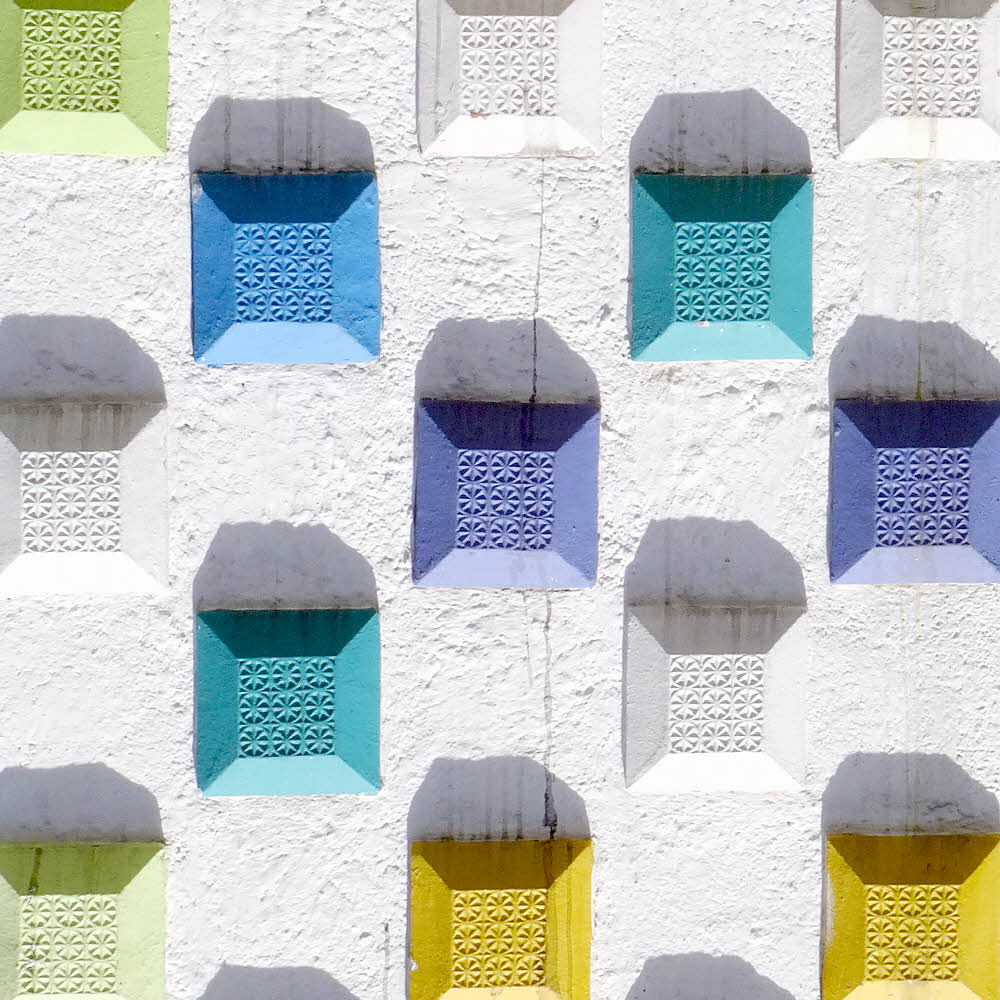
It's always a surprise, and never scheduled.
There are no announcements, there is no setup. No one marks the date and time on a calendar. It's always a surprise. Quake.
I've been wondering about this. About when it would happen and about how bad it would be. Well, it's bad enough to be bad, but it is still too early to know the completeness of its badness. Unfortunately, however the results of last night's earthquake shake out, the bad one is still to come.
The good news is that last night's earthquake was centered off the coast. That means that it did not happen right under any city, although it was only 12 miles deep, which is shallow. I experienced the February 28, 2001 Nisqually earthquake in Washington state. That one was deeper, but epicentered only seven miles or so east of where I was in a meeting at the time. And it was 10 times less intense than last night's shaking. This all matters.
Depth and nearness matter. A shallow nearby earthquake of lower intensity creates more damage than a far-off or deeper earthquake. And around here, any earthquake is extremely dangerous because many structures are only piled-up bricks lightly attached to one another with a bit of mortar. At best.
Many, many more structures here are also made of bricks but not of real bricks, but dried mud. "Adobe", if you will, if you want to sound fancy, but it's dried mud all the same, and about the worst material to have your home made of when an earthquake hits. Which will happen. Not that last night's earthquake wasn't significant, but it wasn't directly under Guayaquil, or Quito, or Cuenca, or another city of significant size. But that will happen.
And when it does, the city will fall. Its existence will suddenly end. It will not be.
Ecuador is not now a rich country, with long-established standards for structure and infrastructure, and it has never been a rich country. Until roughly half a century ago, it was one of the most "backward" countries in the world, according to Luis Osvaldo Hurtado Larrea, former president, and author of Portrait of a Nation: Culture and Progress in Ecuador. So the country, or at least one of its cities, will suffer extremely when an earthquake hits, one not somewhere under the Pacific Ocean, but beneath one of its cities. Especially so if that earthquake is shallow, and if it is strong. Today, a city, tomorrow a dump, an endless pile of rubble, a moaning disaster as far as one can stand to see.
And there is nothing I or any other individual can do. Only time, and perseverance, and a guided communal effort can slowly rebuild the entire country before it needs to be suddenly rebuilt. We can hope for the former while dreading the latter. Let's hope then. Let's hope.